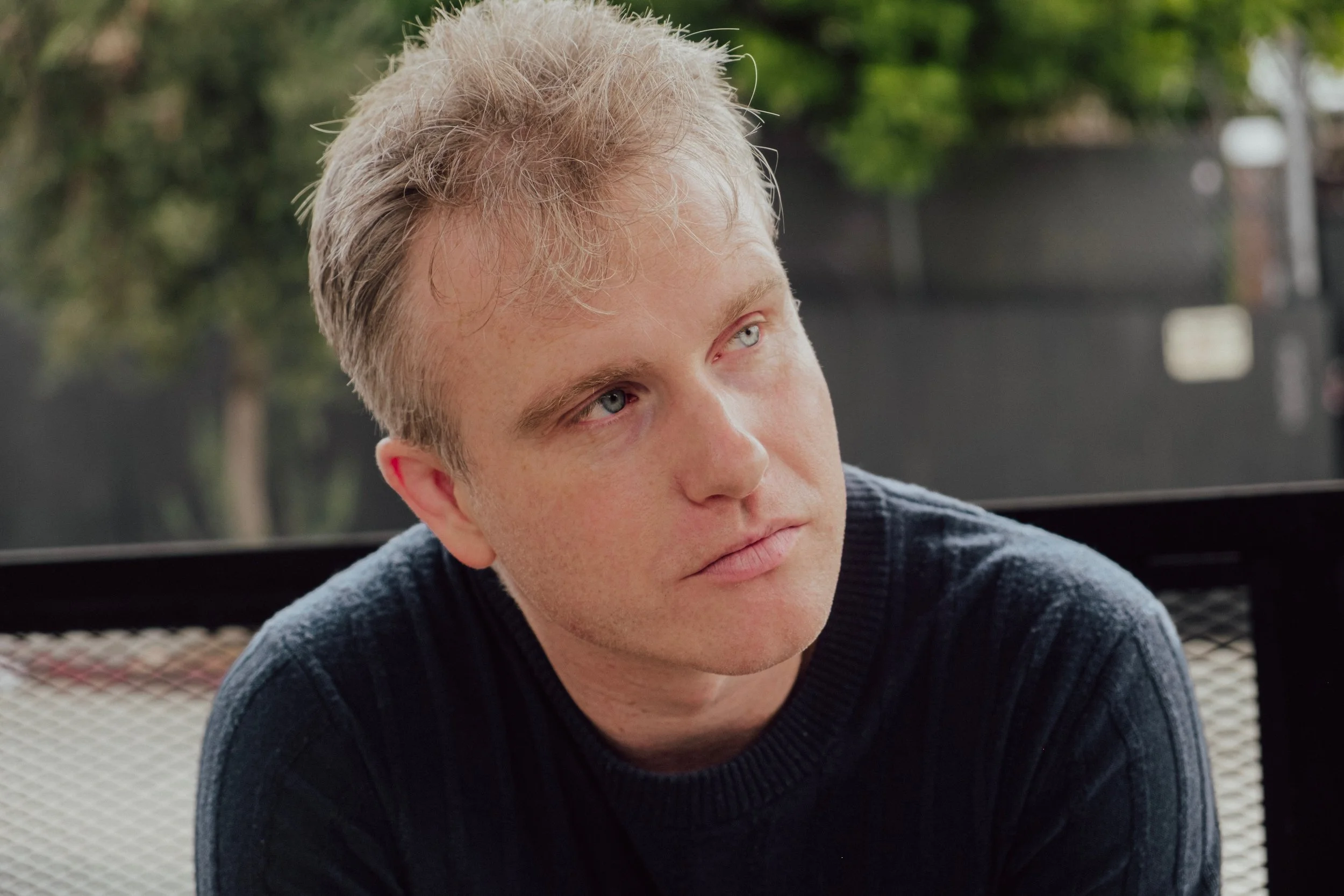Tips for Finding a Therapist That Works for You
Why Finding the Right Therapist is Worth It
Great therapy can change your life. The process isn’t always easy, but when you find the right person, it becomes an incredible laboratory for growth. You’ll start to see how your patterns in relationships show up in therapy: where you hold back, where you seek approval, where you struggle to be seen. And as you work through those challenges with someone who respects and understands you, you’ll begin to change how you move through the world.
It takes time, and it takes the right match. But once you find it, it’s absolutely worth it.
One of the most important things you can do for yourself in therapy is to be picky about your therapist. Research on therapy outcomes has consistently shown that the quality of the relationship between client and therapist is the single biggest predictor of success.
A good therapist for you is someone who:
Makes you feel heard and respected
Feels genuinely invested in your well-being
Comes across as wise and insightful
Challenges you without making you feel invalidated
We all know what it feels like to connect with someone; we want to talk to them, we look forward to their perspective, and we feel safe opening up. That chemistry matters in therapy. If you don’t feel a growing sense of connection within the first seven sessions, research suggests it’s unlikely to develop later. If that connection isn’t there, therapy probably won’t be effective, no matter how skilled the therapist is.
This is why I strongly encourage you to be discerning. There is too much mediocre therapy happening simply because clients and therapists aren’t well-matched, and therapists don’t always make space for clients to move on. The right therapist for you might not be me, and that’s okay. My job isn’t just to be your therapist, it’s to make sure you get the best therapy possible. If that means helping you find someone else you truly connect with, I’m happy to do that.
Guide to Starting Therapy
Starting therapy can feel overwhelming, especially if you’ve had disappointing experiences in the past. Many people don’t realize that therapy works best when there is a strong sense of connection between the client and therapist. This means:
You respect them and feel they have valuable insight.
You feel comfortable opening up and look forward to their responses.
You have the sense that they genuinely care about you.
This connection matters far more than the therapist’s specific approach or modality. Therapy styles like CBT or psychodynamic therapy shape how a therapist works, but what really matters is who they are as a person and whether their style resonates with you.
Be Bold in Therapy
Therapy is a space to practice being honest in ways that are difficult in real life. The best way to set yourself up for success is to be as open as you can, as early as you can. This means:
Letting your therapist know what you’re hoping to get out of therapy.
Talking about past experiences with therapy—what worked, what didn’t.
Speaking up about what you need and how you feel in the room.
There’s a term in therapy called the Here-and-Now—it means talking directly about what’s happening in the moment between you and your therapist. If something about therapy isn’t working for you, naming it can transform the experience. If your therapist responds well, you’ll know they’re a good fit. If they don’t, you’ll have a clear sign that it’s time to move on.
